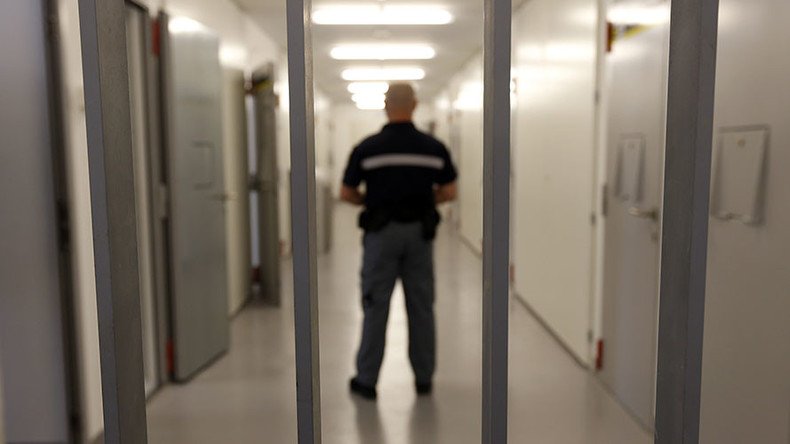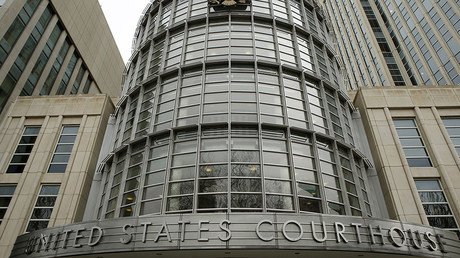‘Jihadi jails’: Separate anti-radicalization units being built for extremist prisoners

The British Ministry of Justice has announced that plans will go ahead to separate extremist prisoners from mainstream inmates and isolate them in “jihadi jails” to deter radicalization.
Three separation centers will be built as part of high-security prisons to incarcerate subversive prisoners who are thought to have been involved in planning terrorist attacks, or who represent a threat to national security either in person or through radicalizing others.
Construction of the first purpose-built block will begin at HMP Frankland high-security prison in the coming weeks, with two more to follow.
Plans to create the separation centers, which will have the capacity to hold up to 28 inmates, came after an inquiry found that “incapacitation units” are needed to keep Islamists and jihadis from manipulating other people.
The special units will hold people promoting all forms of extremism, including that of the far-right, and will be used to isolate “self-styled emirs” who attempt to draw other prisoners to extremist Islamic principles.
“Any form of extremism must be defeated wherever it is found, and it is right that we separate those who pose the greatest risk in order to limit their influence over other prisoners.
“These centres are a crucial part of our wider strategy to help tackle extremism in prisons and ensure the safety and security of both our prisons and the wider public,” Prisons Minister Sam Gyimah said, according to the BBC.
The center will have its own exercising and visiting facilities, as well as separate cells.
Although the Ministry of Justice would not identify candidates for the first transfer of extremist prisoners, they will include Michael Adebolajo, the murderer of soldier Lee Rigby, and radical preacher Anjem Chouduary, along with his accomplice, Mizanur Rahman, according to the Guardian.
Former prison governor Ian Acheson, who was appointed by Michael Gove to lead the inquiry into Islamist extremism in prisons, said there should be an “enlightened” separation, which aims not merely to punish offenders, but to offer them personalized treatment rendered by highly-skilled staff.
Moreover, the strategy should foster “humanizing relationships between staff and prisoners to change their mindset.”
Acheson warned that separation centers should not focus only on punishment, as this will exacerbate grievances, which led to extremist behavior in the first place.
The Ministry of Justice said that extremist prisoners will be reviewed by experts every three months and transferred to mainstream prisons only once it is asserted that the risk they represent has gone down to a level that can be sustained.
Other policies to tackle radicalization in prisons include banning extremist literature from prison libraries, scrutinizing prison chaplains, and excluding anyone promoting anti-British or other menacing views from communal prayers.
A team of 100 counter-terrorism experts tasked with dealing with extremism in prisons has also been created.
The task force will train staff how to prevent inmates from becoming radicalized and advise them on how to manage dangerous subjects.
“It is right we come together to bolster our response to the threats posed by radicalization behind bars, and give our hard-working staff the skills and knowledge they need to keep our prisons and communities safe,” Gyimah said.














